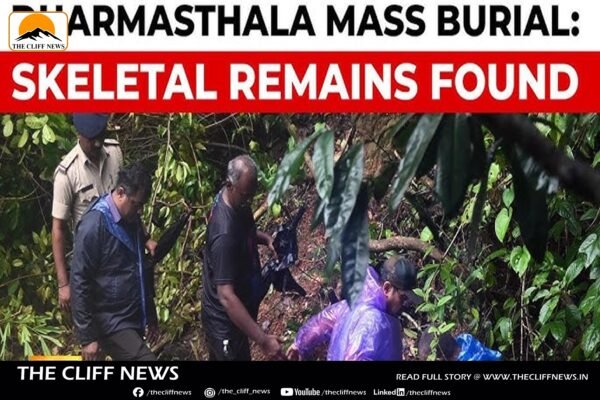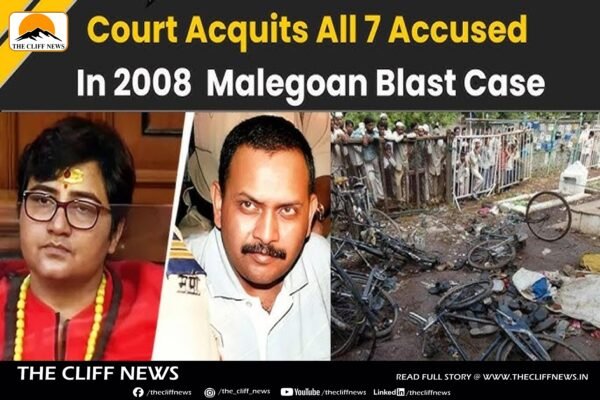No Tampering Detected: All EVMs and VVPATs Verified in Maharashtra Assembly Polls, Says EC
All Electronic Voting Machines (EVMs) and Voter Verifiable Paper Audit Trail (VVPAT) units from the 2024 Maharashtra Assembly elections, for which losing candidates had requested verification of the burnt memory or micro-controller, have passed all diagnostic tests, the Election Commission (EC) confirmed on Thursday. Crucially, no mismatch was found between EVM results and VVPAT slip counts, reaffirming the system’s integrity. According to the EC, this Check and Verification (C&V) exercise was conducted across 10 assembly constituencies (ACs) and proves “yet again, that the EVMs are tamper-proof.” The Maharashtra Chief Electoral Officer received eight formal applications requesting verification of the burnt memory or microchip in EVMs and VVPATs from the constituencies of Kopri-Pachpakhadi, Thane, Panel, Alibag, Khadakwasla, Arni, Yevla, Chandgad, Kolhapur North, and Majalgaon. The C&V process involved: The verification was conducted in the presence of the applicants, other contesting candidates, or their representatives, though two applicants chose not to attend the exercise. Details of the Diagnostic Process In Kopri-Pachpakhadi, Thane, Khadakwasla, and Majalgaon, diagnostic tests were conducted to verify the burnt memory, as per the applicants’ requests.In the remaining constituencies—Panel, Alibag, Arni, Yevla, Chandgad, Kolhapur North, and other EVM sets in Majalgaon—both a diagnostic test and a mock poll were conducted. Afterwards, engineers from the manufacturer ECIL (Electronics Corporation of India Limited) certified that all machines passed the diagnostic checks. A mock election was held to simulate polling, and the EVM results exactly matched the VVPAT slip counts, confirming no tampering or malfunction. Background and Political Context The update comes amid persistent allegations from the Congress party, which after losing the 2024 assembly elections in Maharashtra, accused the BJP of benefiting from arbitrary additions and deletions in the electoral rolls and an unexplained surge in voter turnout after 5 PM on polling day. The EC’s latest findings, however, appear to counter claims of EVM manipulation, with full transparency and verification involving candidates or their representatives. The Election Commission maintains that the EVM-VVPAT system remains secure and credible, as has been repeatedly validated in various C&V exercises over the years.









